Product Description
As internationally recognized pioneers in their field, Drs. Volicer and Hurley have brought critical attention to the unique issues and needs of people in the advanced stages of dementia. In this book, they bring together a culmination of more than 20 years of research on late-stage dementia, providing the best evidence-based measurement scales available for researchers and care providers who are seeking to improve care for people in the final stages of this increasingly prevalent disease.
The 11 scales presented in this book have been proven effective in eliciting meaningful data from study subjects, patients, and long-term care residents whose dementia-related communication difficulties reduce their ability to self-report or respond in traditionally measured ways. With proven reliability and validity, the scales accurately assess the following domains: dementia severity, satisfaction with care, symptom management, comfort during dying, quality of life, activity involvement, discomfort, pain, quality of visits, agitation, and rejection of care.
Careful analyses of each scale includes:
- a detailed explanation of the concept being measured
- the original published research article outlining the development and testing of the scale
- a summary of how the scale has been used by others
- suggestions on how to use the scale for new research
- a user-friendly measurement form with complete instructions for use
A quick-reference summary chart of the scales helps researchers and care providers decide which scale is right for their research or intervention goals. All forms are also available as downloadable PDFs.
These carefully selected scales will serve physicians, nurses, psychologists, and other professionals who are planning studies ranging from large-scale randomized controlled trials to the evaluation of unit-based quality improvement programs. This is a unique and indispensable collection for any researcher or practitioner in the dementia care field.

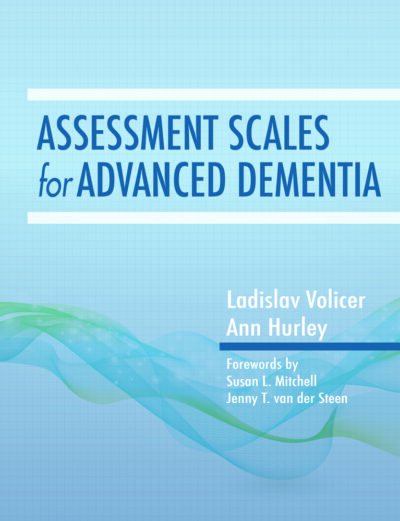
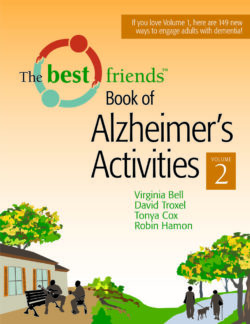

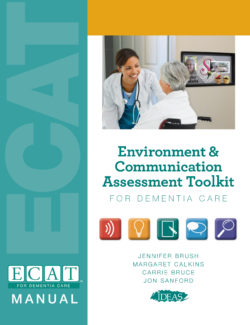
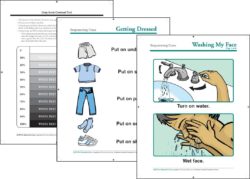
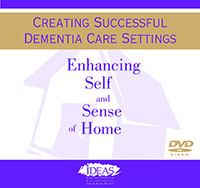
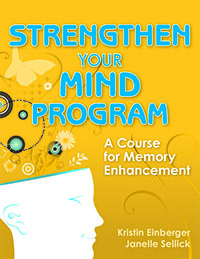

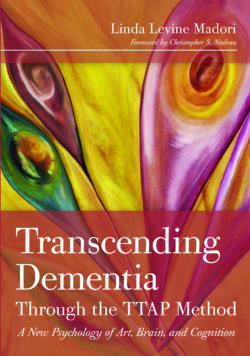
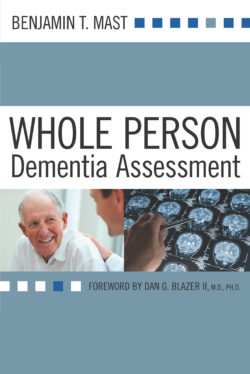
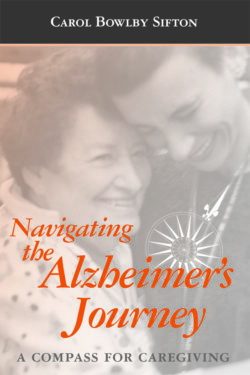

Administrator –
“This is an important resource that provides a compilation of high quality scales for use with people who have advanced dementia. The tools included are evidence-based and conceptually consistent with needs and problems of people who are in the advanced stages of a dementing illness. This book is useful for clinicians, those involved in quality improvement, and researcher’s interested in advancing knowledge regarding this understudied population.”
—Christine R. Kovach, PhD, RN, FAAN, FGSA
Professor, University of Wisconsin-Milwaukee
Director of Research, Jewish Home and Care Center of Milwaukee
Administrator –
“Any book written by Volicer and Hurley needs attention – this one is no exception. At a time when there is considerable interest in the palliative care needs of people with advanced dementia, this ‘tour de force’ on the development/psycho-metric testing of 11 tools (all included) will be invaluable to both researchers and practitioners wanting to develop better care.”
—Jo Hockley Ph.D., Senior Research Fellow, University of Edinburgh
Administrator –
“With 15 years’ experience in research, education and clinical practice with persons with dementia of the Alzheimer’s type, I highly recommend this book of assessment scales for this patient population. The editors begin with a review of principles of instrument development and special considerations for research for persons with cognitive deficits that will prepare the reader to evaluate the adequacy of a scale. The authors then apply these principles to assessment scales related to the most critical issues faced by the person with dementia, their family caregivers and staff providers.”
—Kathy J. Horvath, PhD, RN
Administrator –
“In Assessment Scales for Advanced Dementia Volicer and Hurley present a masterly compilation of research scales that have been developed, or have served, their extensive research programme in the field of advanced dementia. The care of people with advanced dementia remains an under-researched area and Volicer and Hurley were among the first to chart unmapped territory. The steadfast purpose of their research programme has been to promote high quality clinical care for people with advanced dementia. This book provides inspiration and a toolkit to support further research and service development improving the care of this most vulnerable group of people. Above all, it is a practical guide to enable potential users to understand what assessment scale will best serve their purpose.
The best known scale from this collection is PAINAD which is the most widely used observational behavioural pain assessment scale in the world for all the reasons that make the assessment scales in this book so valuable. PAINAD has good psychometric properties and is also simple and user-friendly, which means that it is clinically useful. These qualities of integrity, clarity and simplicity characterise all the assessment scales presented here. The assessment scales range widely; from a measurement of the severity of dementia, to measuring ‘Comfort Assessment in Dying with Dementia’, and hitherto neglected areas such as assessing the ‘Quality of Family Visits with Residents who have Dementia’.
The need to develop a new research scale sometimes arises from a new understanding of an underlying concept, such as separating agitation and aggression, behaviours which are frequently ‘lumped together’ as a single concept. In teasing out a definition of agitation which does not overlap with ‘aggression’ or ‘rejection of care’, the authors clarify fundamental aspects of the understanding of the behaviours observed in people with advanced dementia who are unable to communicate. Clarifying the complex concept of agitation is important for research and for making decisions that guide clinical care. The use of language affects how behaviour is seen and interpreted by families and healthcare workers.
This book is a treasure trove for researchers and clinicians seeking to learn how to measure and evaluate the new approaches and interventions that are so desperately needed to relieve suffering.”
—Min Stacpoole
Clinical Nurse Specialist in Palliative Care for People with Dementia
St Christopher’s Hospice, United Kingdom